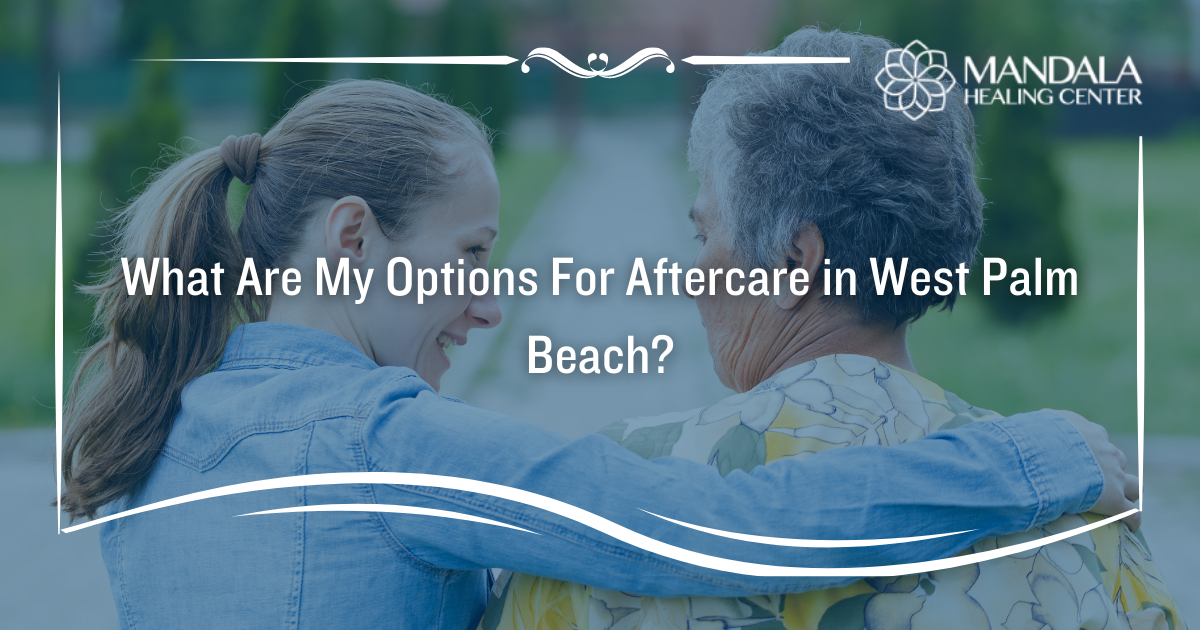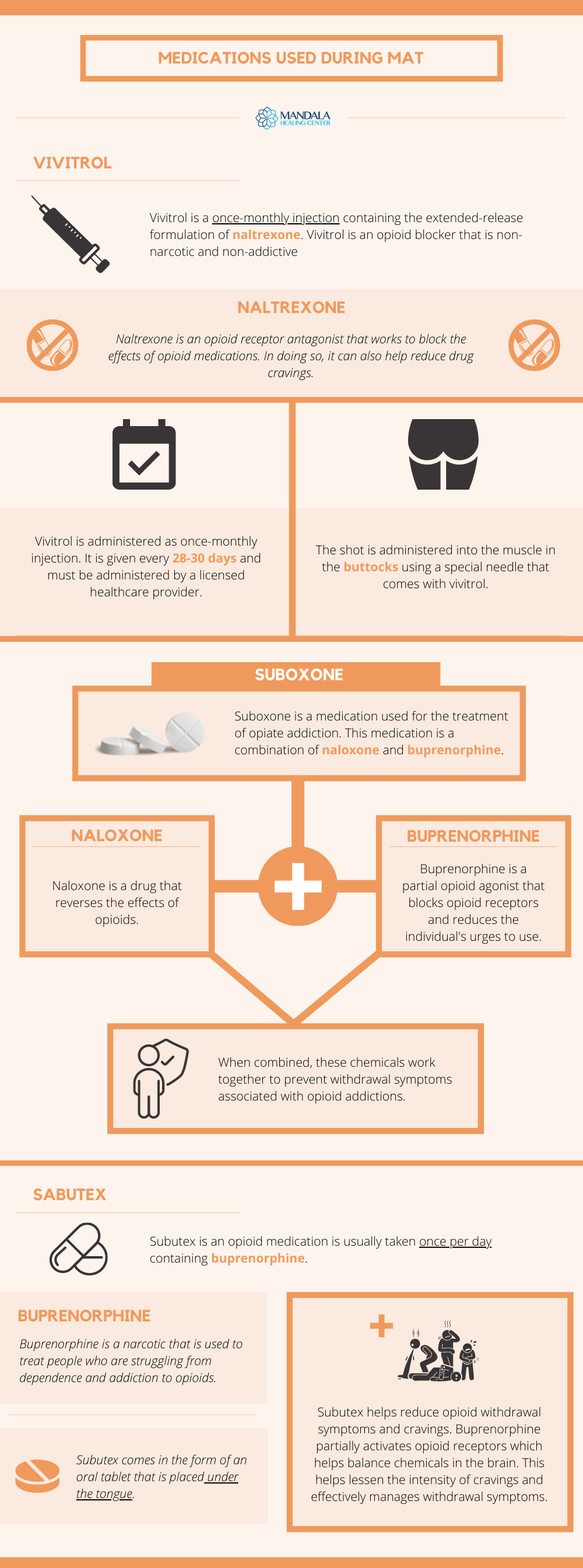Treatment for drug and alcohol addiction is a lengthy process. From detox to inpatient rehabilitation to aftercare, the road to recovery is overwhelming for many people. After undergoing the hardest portion of the recovery journey and competing detox and inpatient treatment, it is important to transition to a lower level of care known as aftercare. Aftercare in West Palm Beach involves extended treatment options which can help patients stay sober after rehab.
What is Aftercare?
Aftercare in addiction treatment comes in many different forms. Some people may choose to utilize one or even more of these aftercare options. The purpose of aftercare is to transition people from the shelter of an intensive inpatient program back into normal day-to-day life.
These programs offer people struggling with addiction continued support in their recovery. This is extremely important to help ground people once they are out of rehab and get them used to living a happy, sober life. Aftercare programs serve to allow people to stay in treatment longer while still participating in daily life. This reduces the risk of relapse in the future.[1]
Types of Aftercare Available
There are many different types of aftercare programs available in West Palm Beach. Each individual will benefit from different forms of treatment based on their circumstances.[1] These treatments are utilized individually or in conjunction with each other depending on a person’s unique needs. Knowing the different aftercare options allows people to make informed decisions about the rest of their recovery.
Outpatient Treatment
Most drug and alcohol treatment centers in West Palm Beach offer some form of outpatient treatment. Depending on the level of care someone needs, they will participate in either intensive outpatient or a traditional outpatient program.
Intensive outpatient programs (IOPs) are more involved than traditional outpatient programs. They typically require about 9 treatment hours per week not including mandatory meetings at 12-Step programs. This is a great option for people who need more structure and more accountability. It is also good for people who aren’t very motivated to stay sober.
Traditional outpatient programs are less rigorous. It still involves weekly therapy and participation in 12-Step programs is encouraged. The person participating needs to hold themselves accountable and actually show up to treatment. This is a good option for someone who needs a more flexible schedule and has a lot of motivation to stay sober. [2]
Sober Living
Sober living programs provide housing for newly sober individuals. It gives them the chance to live with people who are also sober, which provides them with some initial support in sobriety. It also provides accountability as there are rules that need to be followed while in sober living. The most common rules among sober houses include:
- No bringing or using drugs or alcohol in the house
- No drug or alcohol paraphernalia
- Adhere to a curfew
- Participate in weekly drug testing
- Complete assigned chores in the house
- Attend 12-Step Meetings or therapy
Individual Therapy
Individual therapy is another important part of drug and alcohol treatment aftercare. During individual therapy, a person works closely with a licensed therapist to work through problems in their daily life and sobriety. There are different types of therapy that the counselor may employ. A few of them include:
- Cognitive Behavioral Therapy (CBT)
- Motivational Therapy
- 12- Step Facilitation
People will learn healthy coping mechanisms to deal with their emotions and issues that come up in sobriety. [3]
Medication Management
Some people may need the help of medication in early sobriety. Medication-assisted treatment (MAT) helps to reduce cravings and decreases the risk of a relapse. The types of medications used during MAT include:
- Vivitrol
- Suboxone
- Subutex
These medications need to be prescribed by a doctor. They require monthly office visits, even during aftercare, to monitor progress and make sure the person is on the right medication for them.[3]
Alumni Groups
Treatment center alumni groups are an excellent resource for building a sober support network. It puts people in early recovery in touch with other people who have more experience in sobriety. It is very inspiring for many people to see others succeed after completing the same drug and alcohol treatment programs in West Palm Beach.
Alumni groups also keep people in touch with their treatment programs. This is useful if a person finds they are struggling and need to start individual therapy again or even participate in another outpatient program to get back on track.
12-Step Fellowships
In order to build a very strong sober support network, it is important to reach out to the community. 12-Step fellowships are free, community-based programs that provide support in early sobriety as well as long-term support. Someone who has successfully completed the program sponsors someone who is new and takes them through the program’s 12 steps.
There are a few different 12-Step fellowships including:
- Alcoholics Anonymous (AA)
- Narcotics Anonymous (NA)
- Cocaine Anonymous (CA)
All of these programs utilize steps that are meant to help people work on improving themselves spiritually and mentally. This serves to not only provide social support but also teach valuable coping skills that lead to lifelong sobriety.
Find Quality Addiction Treatment Aftercare in West Palm Beach Today
There are many options for addiction treatment aftercare in West Palm Beach. It is important to find one that provides quality care. Mandala Treatment Center in West Palm Beach provides excellent options for the continuing treatment of drug and alcohol addiction.
We offer all aspects of addiction treatment from detox to our outpatient programs. We utilize multiple drug and alcohol aftercare treatments including individual therapy, sober living options, and a strong alumni group. Mandala Treatment Center provides support throughout the duration of a person’s sobriety. Contact us today to get started.
- https://www.drugabuse.gov/publications/principles-drug-addiction-treatment-research-based-guide-third-edition/principles-effective-treatment
- https://www.drugabuse.gov/publications/principles-drug-addiction-treatment-research-based-guide-third-edition/drug-addiction-treatment-in-united-states/types-treatment-programs
- https://www.drugabuse.gov/publications/principles-drug-addiction-treatment-research-based-guide-third-edition/evidence-based-approaches-to-drug-addiction-treatment













